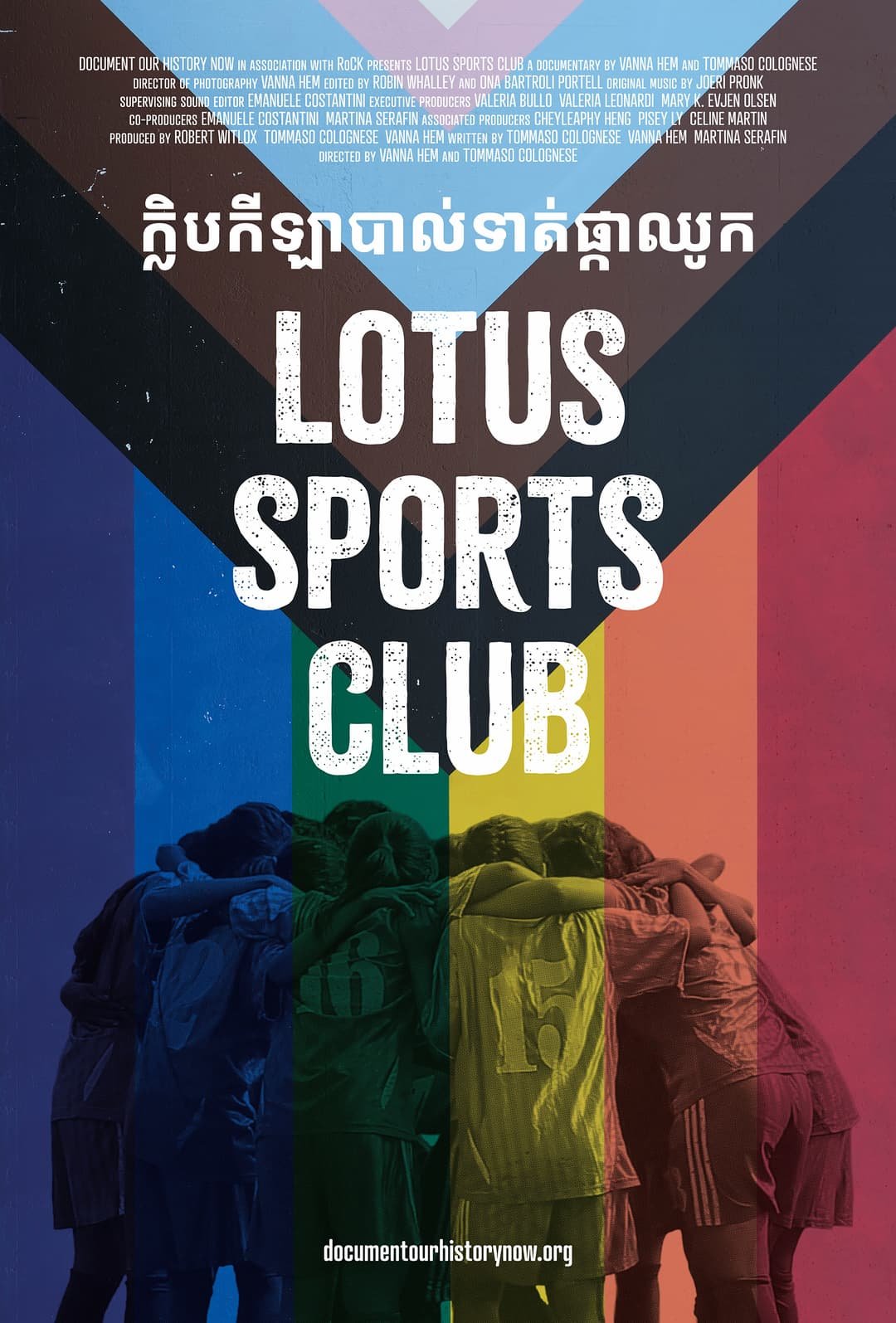Lili
Award
Our awards for Best Feature, Best Documentary and Best Short Film are named after Danish transgender artist Lili Elbe, who was among the first people in recorded Western trans* history to undergo gender-affirming surgery in 1930. The Lili Award is granted to remarkable films in their category that challenge existing norms of sexuality and gender. These films are nominated by MIX's programmers and selected by our international jury panel.
Jury
Darunee Terdtoonta veedej
Darunee Terdtoontaveedej, curator and programmer, highlights alternative (his)stories, creative practices, and cinema. She co-founded Non Native Native, exploring Asian creativity in the Netherlands through the lens of outsiders from within. She programmed at CinemAsia, IFFR, Sinema Transtopia, Objectifs, SGIFF, and served as a jury member at Teddy Award at the Berlinale.
Jemma Desai
Jemma Desai, a London based writer and educator, explores film through research, writing, and performance. She has worked with the BFI and BC, was a co-chair of LUX, Head of Programming at Berwick FMAF 2021 and is on the Blackstar FF programming committee.
Natasha Thembiso Ruwona
Natasha Thembiso Ruwona is an artist, researcher, and curator-programmer-producer based between Scotland and London. Recent projects include working with ID.Y CIC, Fringe of Colour Films, BUZZCUT Festival, and Rhubaba Gallery & Studios. Her film programming and writing focuses on short films, moving-image and documentaries.
Max Disgrace
Max Disgrace is a writer-director and trans man of Chinese descent. Max’s work focuses on queer desire and sexual intimacies, and inhabits realms of mischievousness, playfulness, resistance, sensuality, leather and pleasure. “Dismantle Me” is associate produced by Lilly Wachowski and a collaboration with filmmaker directory: Trans+ On Screen.
Banafshe Hourmazdi
With a strong academic background in acting and acclaimed roles in theater, TV, and notably the film “Futur Drei”, which received numerous international awards, Banafshe Hourmazdi’s work in the industry continues to showcase her growth and multifaceted talent.
Nominees:
Best Feature
🏆 A Place Of Our Own 🏆
Opponent
Power Alley
The Lost Boys
Nominees:
Best Documentary
100 Ways To Cross The Border
Lotus Sports Club
Orlando, My Political Biography
🏆 Who I Am Not 🏆
Nominees:
Best Short Film
Chavo
🏆 Dipped In Black 🏆
Neo Nahda
The Shift
Jury's statement on the winners:
🏆 A Place of Our Own 🏆
“We were impressed by the complexity of this film which hinges on a seemingly simple plot of two trans women’s search for a home. Starting from a place of housing injustice the film’s narrative expands into a sequence of events of structural violence towards them, which they navigate through resilience and struggle as well as grace, acerbic dismissal and razor sharp wit. Embodying queer collectivity and community making in the collective nature of its filmmaking, and drawing attention to trans women’s voices in the global south this felt like anti colonial queer world making which we gestures to pathways for new ways of making home and making films for us all.”
🏆 Who I Am Not 🏆
“We were struck by the layers of this film which moves beyond the pure observation of the personal stories of its protagonists. Building a relationship with Sharon-Rose Khumalo and Dimakatso Sebidi over the course of the film, we observed how the filmmaking process centred the agency of their representation, whilst also deftly taking in the role of how policing of bodily norms affects our intimate networks, community and media, social norms and historical forces and has the power to make and unmake the differences and connections between us all.”
🏆 Dipped In Black 🏆
“We were drawn to this centring of queer aboriginal voices that conjoins its communities’ connections to land, spirit, mystery and soul in its aesthetic choices. Both courageous and joyful, this is a film that serves as a reminder of how the possibilities of aboriginal queer life have been bordered and limited by the colonial imaginary and can be expanded by a queer one. The film is particularly urgent in the current context following the referendum last week, which rejected the recognition of aboriginal voices in Australian policy making.”

















